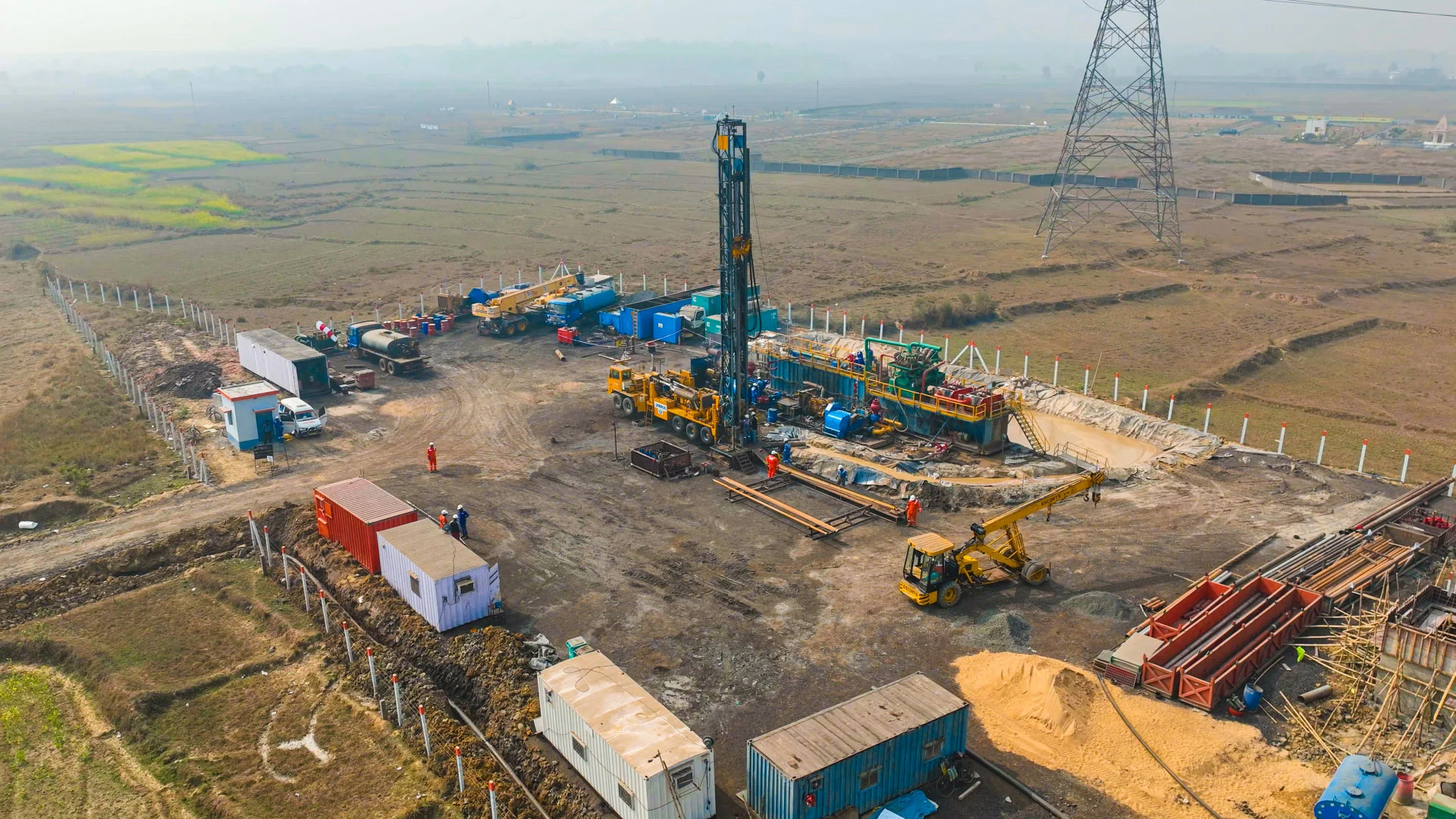The notion of searching for “land for sale near me” carries a unique weight, distinct from the quest for an existing house. It speaks of potential, of a blank canvas upon which to build dreams, literally. It’s about envisioning a future shaped by your own hands, creating a space tailored precisely to your needs and aspirations. Whether you’re a budding homeowner eager to design your ideal dwelling, an investor seeking promising opportunities, or someone simply yearning for a patch of earth to call your own, the journey of finding the right piece of land is an adventure filled with possibility. Let’s explore the multifaceted aspects of this foundational pursuit.
The Digital Footprint: Navigating Online Land Listings with Local Awareness
Just like the search for houses, the quest for land for sale near me often begins online. Real estate portals and specialized land listing websites offer a seemingly endless scroll of vacant plots, each with its own unique characteristics and potential. You can filter by size, price, location, and even zoning regulations, allowing for a broad initial survey of what’s available in your desired area. However, when it comes to land, the online representation can sometimes be even more limited than with existing structures. Topography, soil quality, access to utilities, and the subtle nuances of the surrounding environment are factors that photographs and basic descriptions often fail to fully convey. Therefore, while online resources are a valuable starting point, they should be viewed as a preliminary scouting tool, requiring further on-the-ground investigation.
Stepping onto the Soil: The Importance of Site Visits and Local Observation
There’s no substitute for physically walking a piece of land you’re considering. Feeling the texture of the soil beneath your feet, observing the natural contours of the terrain, and experiencing the surrounding environment firsthand provides invaluable insights that no online listing can replicate. Consider the views, the direction of sunlight, the presence of any natural features like trees or water sources. Pay attention to the neighboring properties and the overall character of the area. Are there any potential nuisances, such as noise from nearby roads or industrial activity? Visiting the land at different times of day can also reveal important aspects, such as traffic patterns and the quality of the evening atmosphere.
Unearthing the Details: Researching Zoning, Utilities, and Regulations
Beyond the aesthetic appeal of a piece of land, a crucial aspect of your due diligence involves understanding the legal and practical constraints. Zoning regulations dictate how the land can be used, including building restrictions, setbacks, and permitted structures. Investigating the availability of essential utilities such as water, electricity, and sewage connections is paramount. Depending on the location, you may also need to consider environmental regulations, soil testing requirements, and potential easements or right-of-ways. Thoroughly researching these factors, often with the help of local authorities and professionals, is essential to ensure that your vision for the land can actually be realized.
Connecting with Local Expertise: The Role of Real Estate Agents and Land Specialists
Navigating the intricacies of land acquisition can be significantly smoother with the guidance of experienced professionals. Local real estate agents who specialize in land sales possess a deep understanding of the local market, including zoning regulations, development potential, and recent sales trends. They can help you identify suitable properties that align with your specific needs and guide you through the complexities of the transaction process. In some cases, you might also benefit from consulting with land surveyors, environmental consultants, or local developers to gain a more comprehensive understanding of a particular piece of land’s potential and limitations.
Envisioning the Future: Considering Your Long-Term Goals
The decision to purchase land is often tied to a specific future vision. Are you planning to build a family home? Develop a small farm? Establish a commercial venture? Your long-term goals will significantly influence the type and location of land that best suits your needs. Consider factors such as accessibility to amenities, proximity to schools or businesses, and the potential for future development in the surrounding area. Thinking ahead will help you make an informed decision that aligns with your aspirations for the years to come.
The Financial Landscape: Understanding Land Valuation and Financing
The financial aspects of purchasing land can differ from those involved in buying an existing house. Land valuation is often based on factors such as size, location, zoning, and potential for development. Financing options for land purchases may also vary, with lenders often having specific requirements and terms. It’s crucial to have a clear understanding of your budget and to explore different financing options early in the process. Consulting with a mortgage broker or financial advisor who has experience with land loans can provide valuable guidance.
Laying Claim to Your Corner of the Earth: Making an Offer and Due Diligence
Once you’ve identified a piece of land that meets your criteria and you’ve conducted thorough due diligence, the next step is making an offer. This process typically involves working with your real estate agent to craft a competitive offer that reflects the land’s value and your level of interest. Be prepared for potential negotiations. After your offer is accepted, there will likely be a period of further due diligence, including title searches and potentially further environmental assessments. This crucial phase ensures that there are no unforeseen issues with the land’s ownership or suitability for your intended purpose. The journey of finding and purchasing land is an investment in the future, a chance to shape your own space in the world, quite literally from the ground up.

